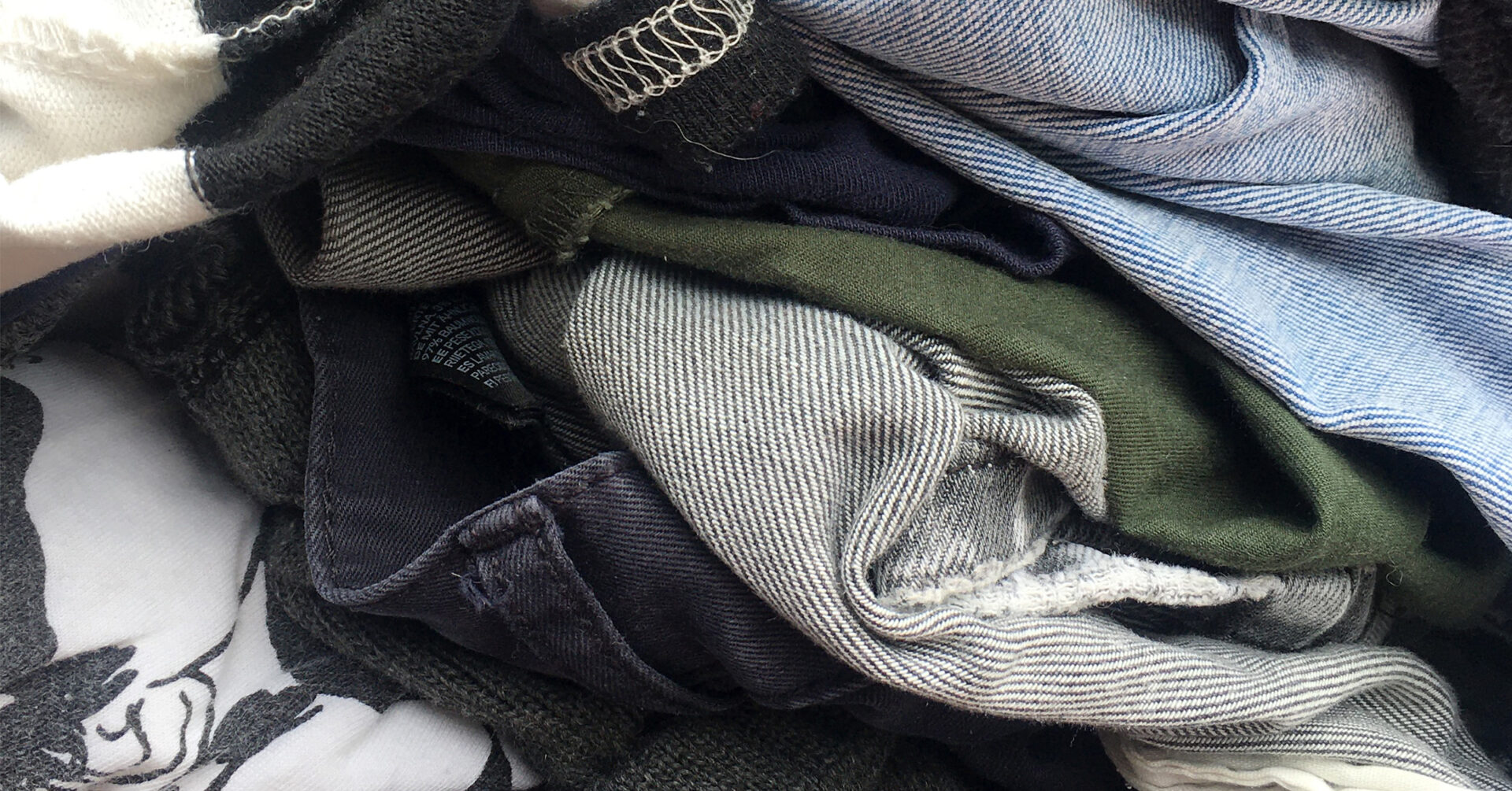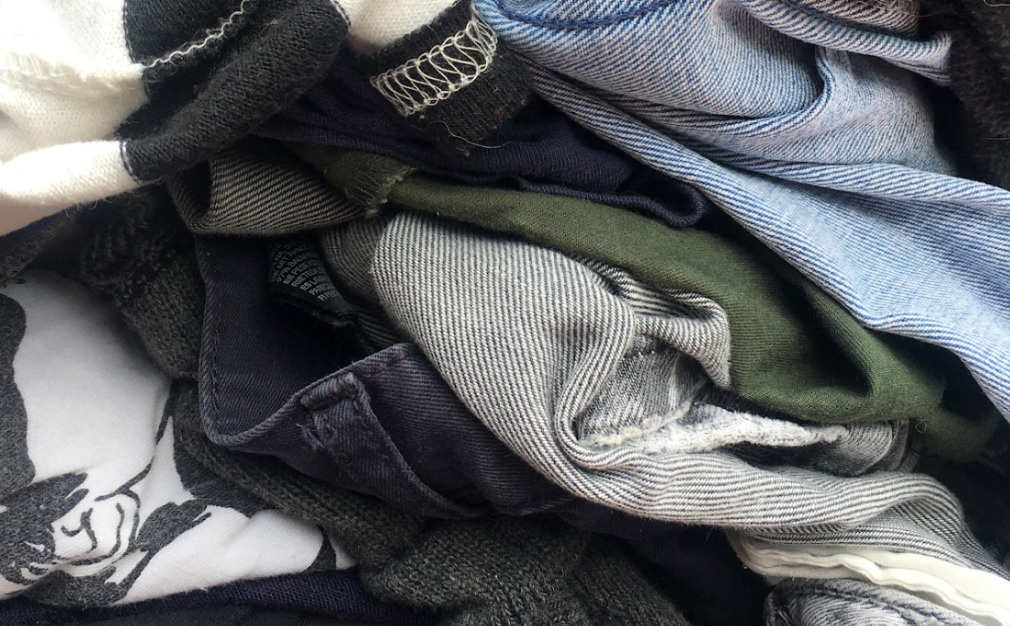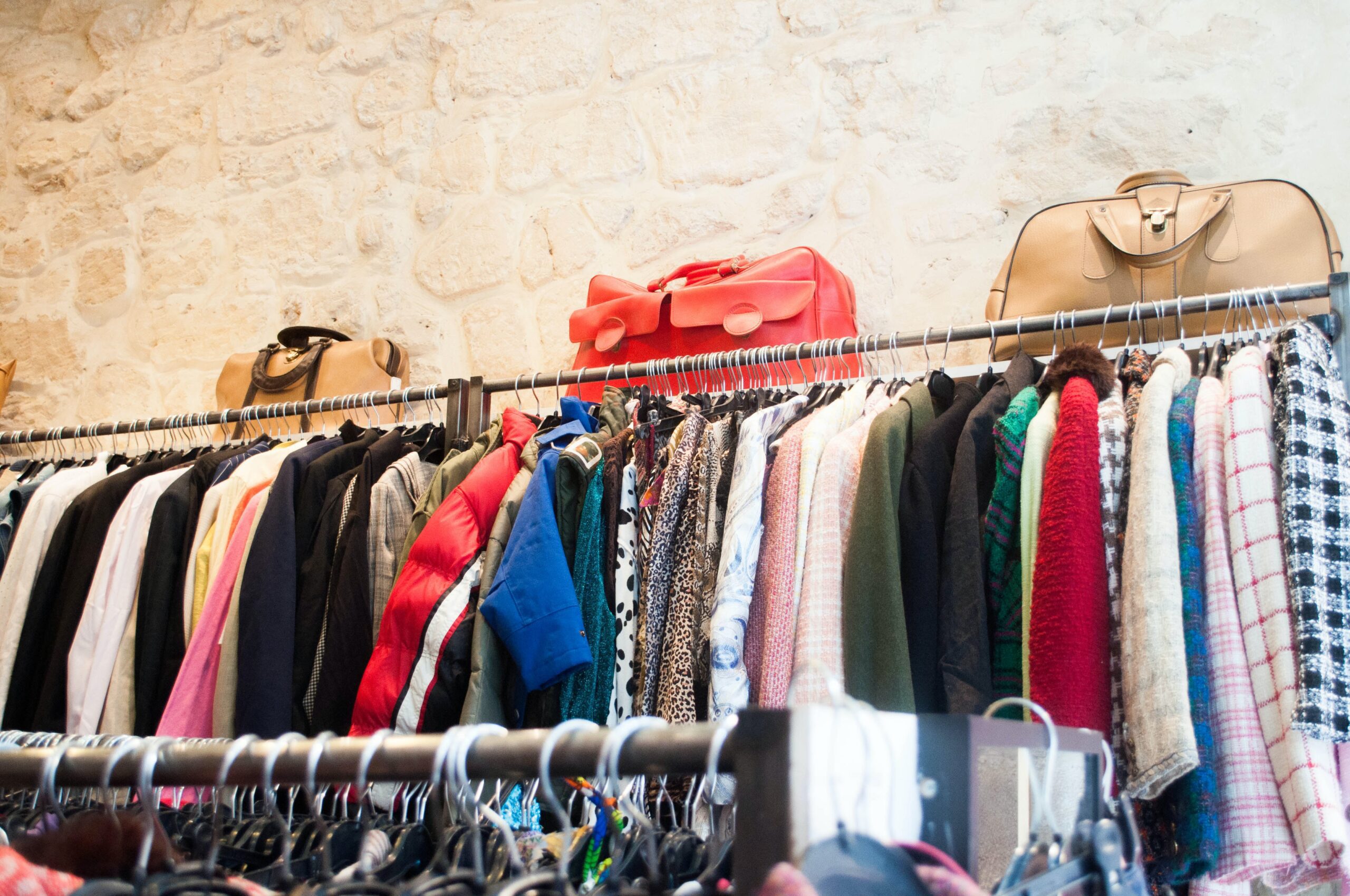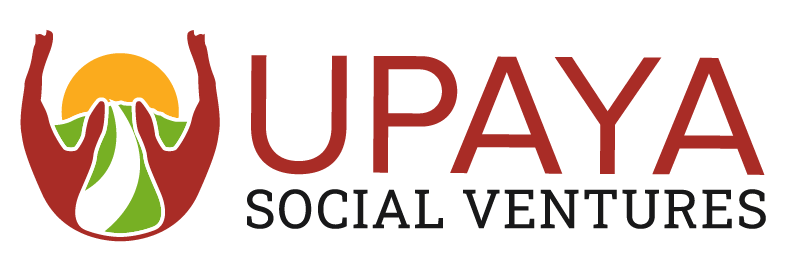
Sort to Sustain
To address the gaps in post-consumer feedstock for the development of textile-to-textile recycling in India, FFG has initiated the Sort to Sustain (STS) Project, in line with the broader ambition of the Re-START Alliance. This project focuses on enhancing the quantity, quality, and price of feedstock to support the recycling industry. The project aims to establish a circular textiles system in India by creating a robust collection and sorting ecosystem for widespread recycling implementation. Leveraging insights from the Sorting for Circularity India project, it seeks to scale sorting and pre-processing infrastructure. The goal is to support the expansion of at least four waste enterprises and set up their Textile Recovery Facilities (TRFs) by 2030.
Problem Statement
With the growing pressure on the fashion and textile industries to transition from linear to circular models, there is an urgent need to scale textile-to-textile recycling globally. India has a broad but unorganised value chain for textile waste, with formalised sorting hubs, or Textile Recovery Facilities (TRFs) still being in their early stages. Key learnings from the Sorting for Circularity project in India revealed a critical need for the establishment of collection and sorting infrastructure and the training and development of pre-processing facilities to meet the demands of high-grade recycling industries. The findings underscored that development is needed in three areas: pricing, feedstock quality, and achieving sufficient quantities to meet demand.
Executive Summary
The project aims to valorise at least 1% of annual domestic post-consumer textile waste generated in India, amounting to at least 68,000 tonnes, into the global supply chain by 2030. This would contribute to the overall goal of the Re-START Alliance to meet 1 million tons of recycled fibres by 2030. This involves establishing infrastructure for sorting, resale/re-wearable processes, pre-processing, and high-quality recycled outputs. This project agreement focuses on building capacities until 2027, understanding the challenges and opportunities, and accordingly updating the final quantities of valorised post-consumer textile waste, methodology and business models of TRFs for 2030.
Goals of the Project
-
Support the Scaling of Sorters (Waste Enterprises/TRFs): Enhance sorter capacities to produce high-quality feedstock in large quantities at competitive prices for advanced recycling technologies and reuse opportunities.
-
Create Access to Demand: Secure letters of intent (LOIs) and conduct R&D to validate materials with recyclers to establish long-term offtake agreements, validating feedstock quality in the short term by gathering valuable feedback.
-
Create Access to Technology and Know-How: Pilot and provide access to advanced sorting and recycling technologies, offer a comprehensive sorter handbook, and integrate and contextualise global learnings into local practices.
-
Access to Funding and Ecosystem Engagement: Secure funding to increase capacities and support new R&D for operational efficiencies while engaging with ecosystem players and exploring geographical expansion opportunities.
-
-
Timeline
The total estimated Project timeline is 3 years however it is subject to change based on the learnings from the project and will be updated in addendum.
-
Jan-July 2024
Phase 0: Defining Scope & Finalising Primary Stakeholders
-
July 2024-2027
Phase 1: Catalyse existing sorters & Develop Capacities
-
July 2025 - 2027 TBC
Phase 2: Catalyse new sorters & Develop Capacities
Funders
Implementation Partners
Innovators
Relevant Resources

Driving Circular Innovation Forward: Fashion for Good Welcomes New Partners to its Sorting for Circularity USA Project

New Partners Join the Sorting for Circularity Project

Sorting For Circularity Europe: Project findings highlight immense opportunity to accelerate textile recycling

Sorting For Circularity; Fashion for Good Launches New Project To Drive Textile Recycling

Sorting for Circularity Europe Expands to Address Rewearable Textile Crisis
Other Projects

The Next Stride: Bio-based Materials for Footwear Soles
“The Next Stride: Bio-based Materials for Footwear Soles” aims to validate the performance and environmental impact of bio-based polymers as sustainable alternatives to the fossil fuel-derived materials currently used in footwear soles. The objective is to collectively de-risk the transition to these “next-generation” materials by rigorously testing their technical properties and assessing environmental benefits. Ultimately, the purpose is to accelerate the adoption of these bio-based solutions and pave the way for a more sustainable footwear industry.

Beyond50 Denim: Combining Cottonised Hemp And Green Chemistry
“Beyond50 Denim: Combining Cottonised Hemp And Green Chemistry” aims to validate the performance and environmental impact of cottonised hemp processed with green chemistry to act as a true alternative to cotton in denim applications. The project goal is to evaluate the performance of SEFF’s cottonised hemp fibre in combination with Fibre52’s bio-friendly chemistry solution within denim fabric applications with a total hemp content of 50% and above. The fabrics will be benchmarked against conventional 100% cotton denim with a specific focus on handfeel and aesthetic characteristics.

Price Parity Toolkit
The Price Parity Toolkit (PPT) was designed to help bridge the price gap between next-gen* and conventional materials. Developed by Fashion for Good with the support of Canopy, this industry-supported framework introduces a financing mechanism that decouples price premiums at early stages of the supply chain to enable adoption and drive the scale of lower-impact materials.








